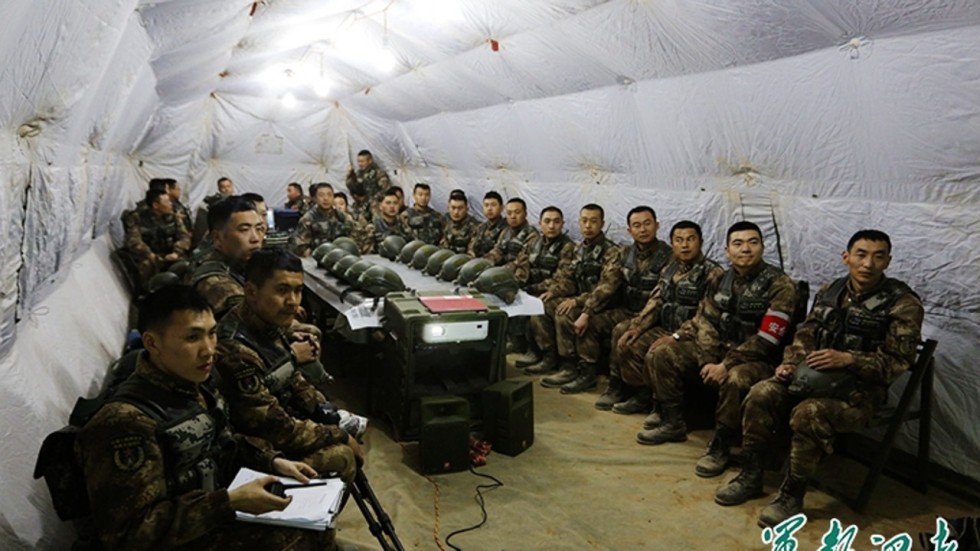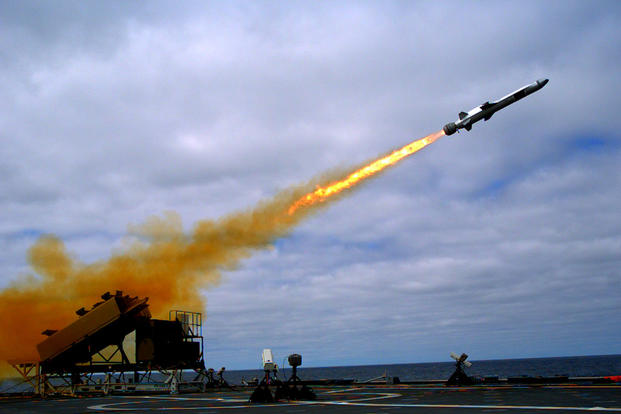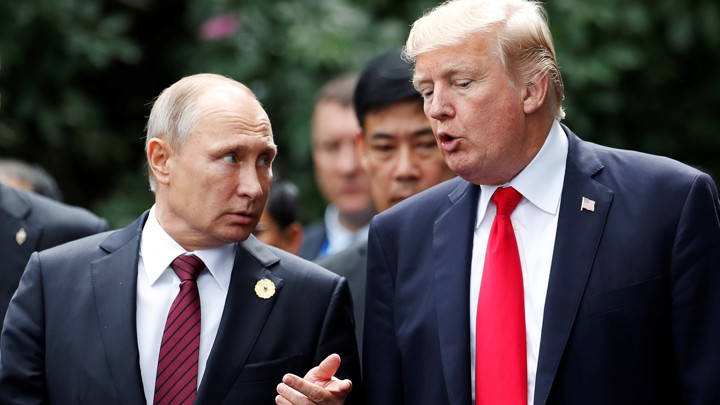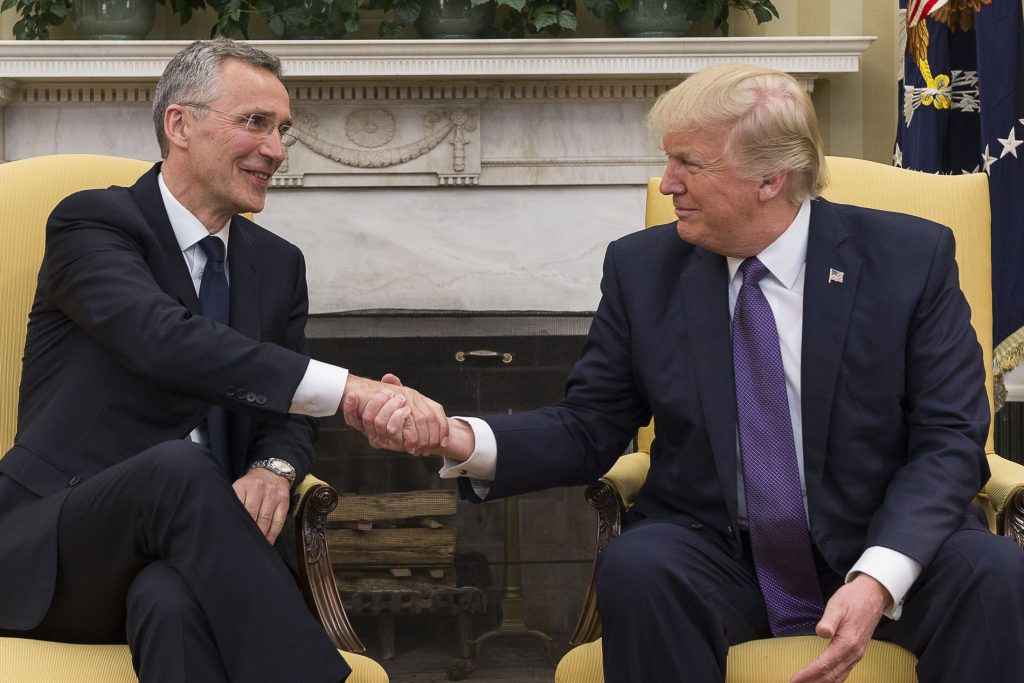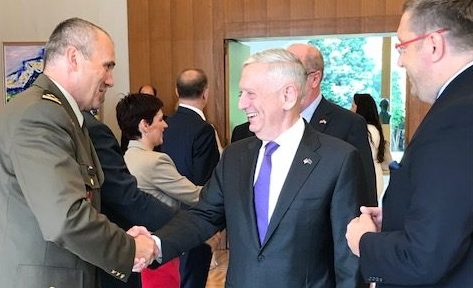NEIL NORONHA
As reflected in India’s move from a Neighborhood First policy to an Act East policy, Prime Minister Narendra Modi unequivocally wants India to assume an increased role in world affairs. Such aspirations entail more responsibilities in upholding the peace and prosperity of the world order. One such responsibility is protecting the integrity of the international economic system from illicit threats, such as corruption, money laundering, counterfeit currency smuggling, and tax evasion. Neil Noronha is a Henry Luce scholar, and a visiting scholar with Carnegie India. Financial intelligence is a field within the purview of the central government that helps Indian law enforcement and intelligence agencies understand the nature, capabilities, and intentions of entities of interest so as to identify such threats. Activities in this field include the collection, receipt, analysis, collation, and dissemination of intelligence, both foreign and domestic, related to financial services, taxes, international trade, and foreign and domestic currency.

